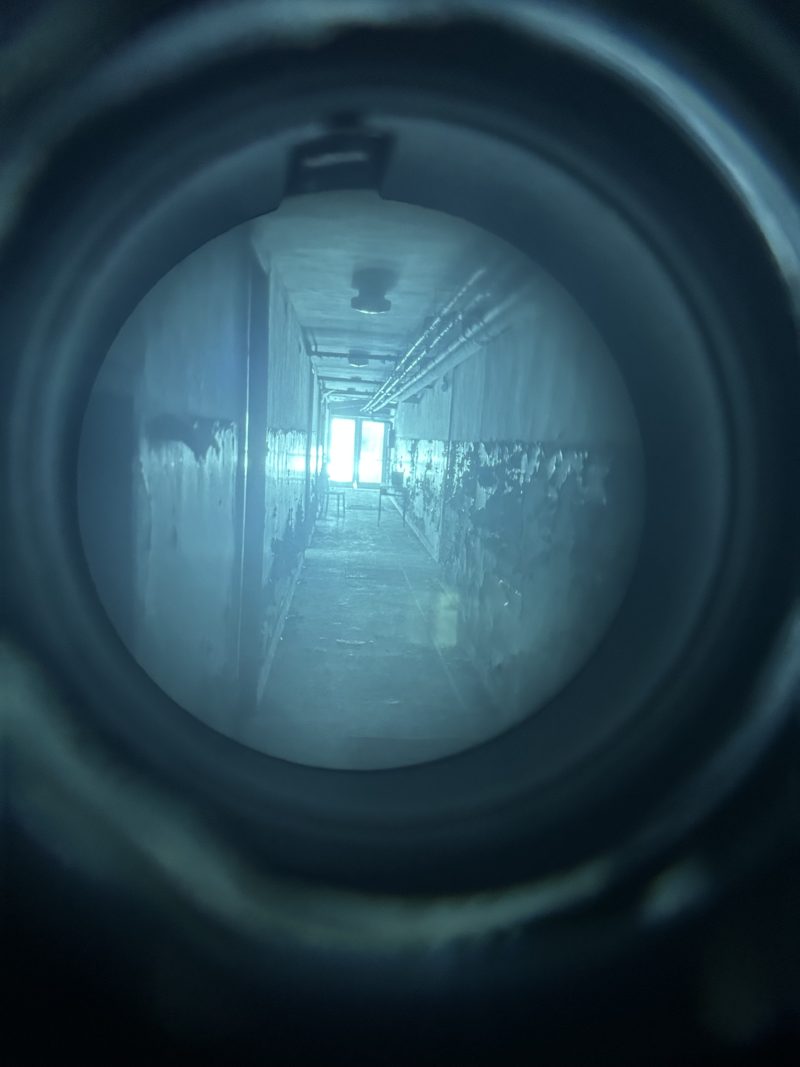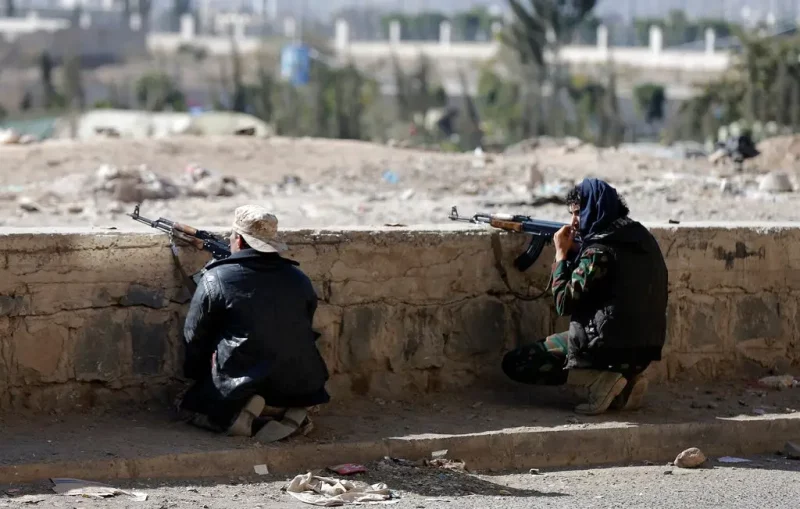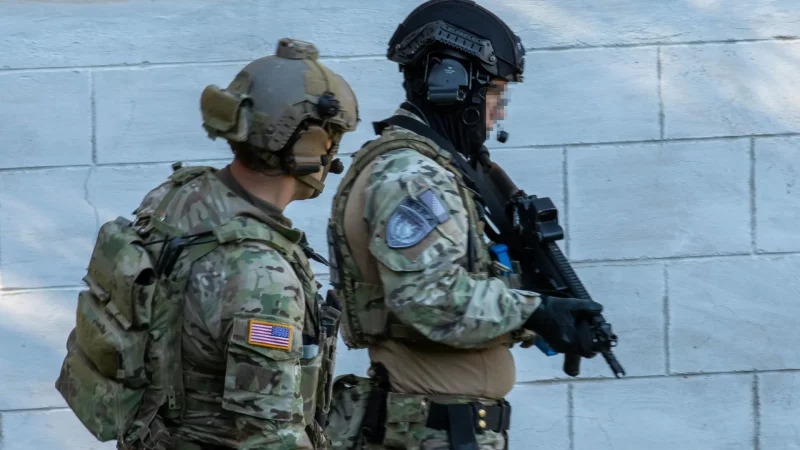Kidon, a special operations unit within the Mossad intelligence agency, is widely regarded as one of the world’s most proficient and lethal units. This unit is believed to have been responsible for several successful assassination campaigns in the history of Israel.
History
Kidon (Hebrew: כידון, bayonet or “tip of the spear”) is a covert group that operates within the Mossad (the Institute in Hebrew), Israel’s intelligence agency that was established on December 13, 1949, to protect the newly formed Jewish state and its citizens. Initially serving as an information-sharing hub for police and intelligence forces, Mossad quickly became a capable and determined organization due to the escalating violence with neighboring countries.
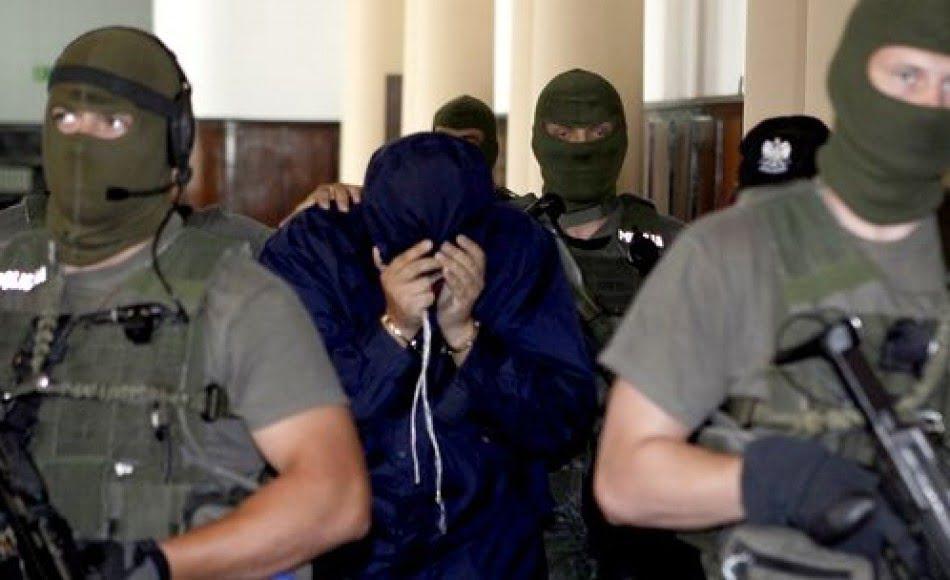
Although the exact date of Kidon’s formation is unknown, it is believed to have been established in the mid-1960s during the height of intelligence-related activities during the Cold War. Kidon’s primary objective is to eliminate high-value targets through targeted assassinations, and little is known about their operations due to their secretive nature. It is estimated that the group has fewer than 75 operatives.
The members of Kidon are believed to have played a role in Operation Orchard, a famous mission carried out in 2007 when Israeli fighter planes bombed the Syrian nuclear reactor. However, the details of their involvement remain undisclosed.
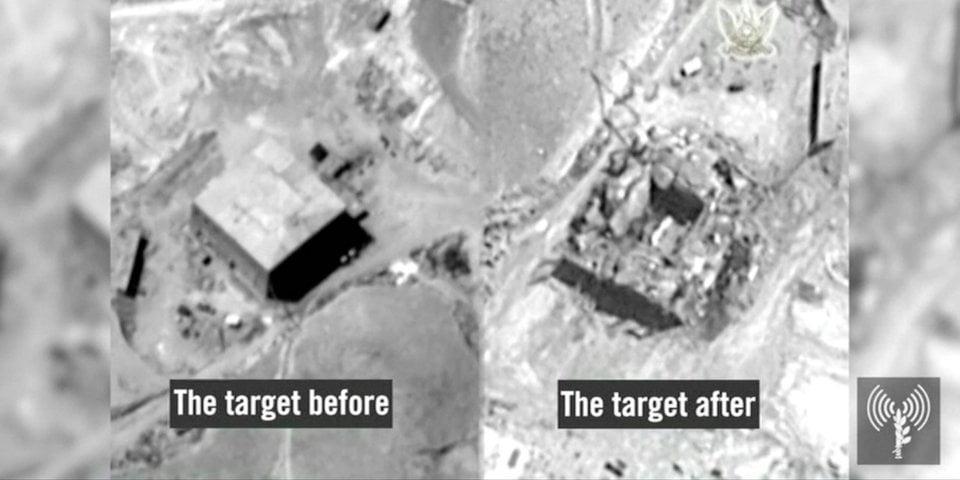
Kidon’s reputation as a highly-skilled and discreet group has made it a subject of interest for many people. However, limited information about the group’s inner workings is available due to its secretive nature. Nevertheless, its role in some of Israel’s most critical operations has made it a significant component of Israel’s national security.
Modus operandi
The four men (or women) cells are known to operate covertly in hostile territories for prolonged periods, ranging from months to years. In addition, they can carry out targeted assassinations and gather intelligence in foreign countries, even those considered friendly. This clandestine operation is similar to Operation Wrath of God, a campaign by the Israeli intelligence agency Mossad, executed by Kidon, against those responsible for the Munich massacre. The terrorist attack killed 11 Israeli Olympic athletes and between 20 to 40 members of either the Palestine Liberation Organization or Black September, depending on the source.
The success of these operations may be attributed to the extensive experience of the agents, who have honed their intelligence or special operations skills, or both. However, it should be noted that in some instances, success does not always require expertise in the intelligence community.
Prospective recruits must undergo rigorous training in the Negev desert, which may last up to two years before they are assigned to their respective units. Due to the nature of the job, only a few agents can last more than a couple of years.
Hit team
When it comes to carrying out a mission, many support units and operatives are involved, especially within organizations such as Mossad. However, the structure of the hit team can typically be broken down into the following four roles:
- The reconnaissance operative is responsible for locating the target and studying its routine. They may even create a map of the target’s location and habits.
- The logistics operative determines the best route to use, which vehicle to take, and where the intercept will take place. Their role is critical in ensuring the team can accomplish the mission.
- The assistance operative is responsible for driving the team and providing immediate support during any necessary assaults or withdrawals.
- The assassin is responsible for carrying out the primary objective of the mission. They may use a magnetic or sticky bomb, but conventional weapons are also commonly used, depending on the dynamics of the mission.
By breaking down the hit team into these roles, each operative can focus on their assigned tasks, ensuring a more efficient and successful mission.
Kidon vs. Iran
In recent years, the Kidon unit and the CIA have effectively hampered the growth of Iran’s nuclear program and have been particularly lethal against Iranian nuclear scientists. It is suspected that Kidon is involved in some capacity in any ambush that results in the death of an Iranian scientist.
Azerbaijan has become a focal point for Mossad and Kidon due to its proximity and accessibility to Iran and its ability to deter Iranian intelligence operatives. It is suggested that Kidon may work directly with the MEK (mujahideen) to destabilize Iranian training. This cooperation likely includes funding, material support, and training.
Seymour Hersh, a Pulitzer Prize-winning journalist, published articles about the JSOC training MEK operatives in a secret location in Nevada from 2005 to 2009. It is believed that the US allocated at least $400 million to destabilize Iran in 2007, which is likely much higher. Suppose the US intelligence and special ops communities have been supporting the MEK. In that case, it is reasonable to assume that Mossad, particularly Kidon, has been working in tandem with or supporting the MEK.
Given the recent instability in the region, it seems unlikely that Kidon would sit idly by in the shadows. With so much at stake, Kidon will likely remain an active and effective intelligence and special operations force.
Selection and training
This particular unit’s selection and training process remains mysterious, with minimal information available. However, unverified rumors have suggested that the unit exclusively recruits personnel from other elite Israeli special operations forces, such as Duvdevdan and Sayeret Matkal.
As a result of the highly classified nature of the unit, the details of their selection and training procedures are not publicly disclosed. Nonetheless, the rigorous screening process is widely believed to involve stringent physical and mental assessments to ensure that only the most qualified candidates are chosen.
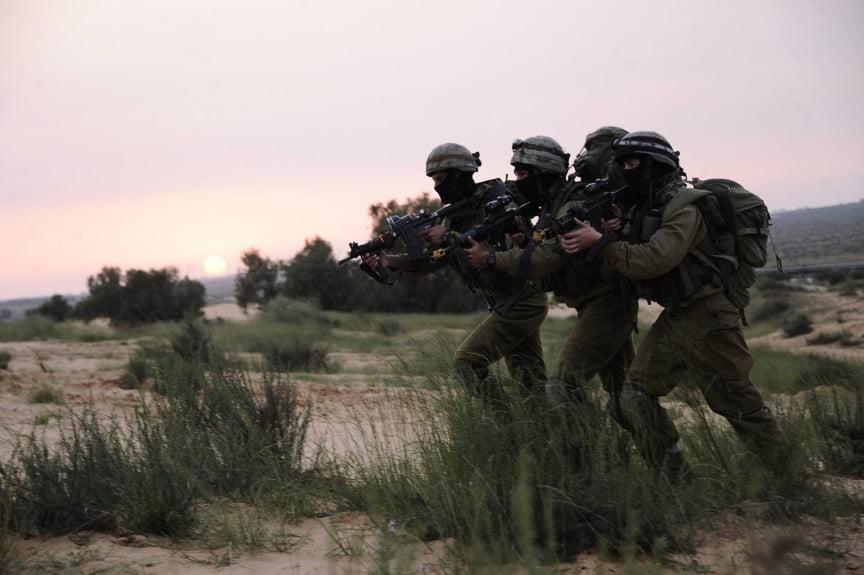
Regarding the unit’s training, it is speculated that they undergo an intensive and specialized program that covers a diverse range of tactical and strategic skills, such as reconnaissance, intelligence gathering, and unconventional warfare. These skills are crucial for executing their missions, often requiring them to operate in hostile environments and execute high-risk operations with utmost precision.
Despite the limited information available, the reputation of this unit within the Israeli Defense Forces (IDF) speaks volumes about its exceptional capabilities and accomplishments. Their unwavering commitment to protecting the state of Israel and its citizens has earned them the utmost respect and admiration from their fellow soldiers and the public alike.
In conclusion, while the details of their selection and training procedures remain undisclosed, it is widely believed that this unit only accepts the most highly trained and capable soldiers from other elite Israeli special operations forces. Their specialized training and unparalleled skills enable them to execute complex and high-risk missions with incredible efficiency, earning them a well-deserved reputation as one of the most elite military units in the world.


